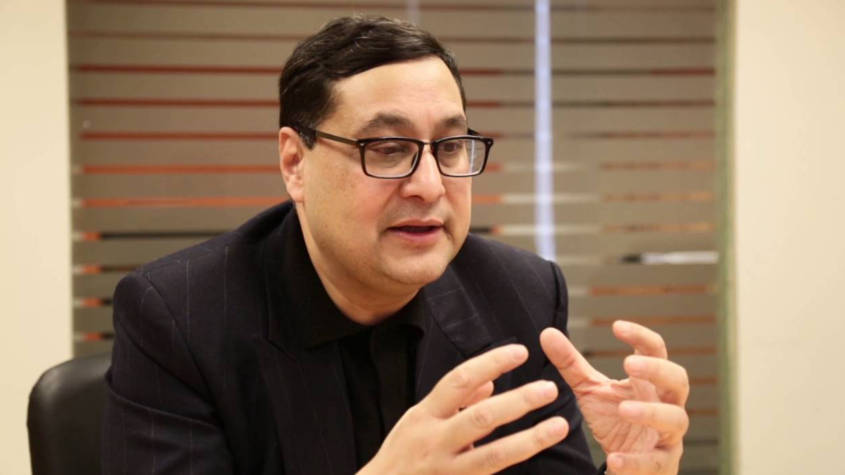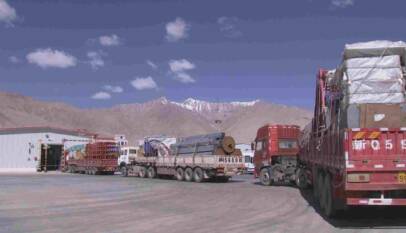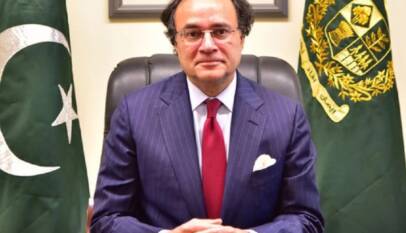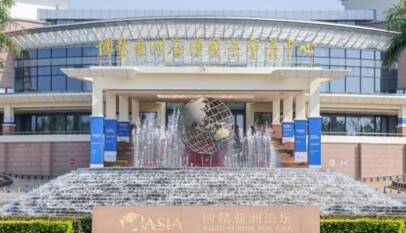Environment-friendly infrastructure development under BRI is vital to the post COVID world order: Adil Najam
In the wake of the outbreak of COVID-19 as a global pandemic, Dean of the Pardee School of Global Studies at Boston University, Adil Najam argued that environment-friendly infrastructure development is the need of the hour. Addressing at a three-day online workshop on Infrastructure and Belt and Road Initiative (BRI), organized by the World Wildlife Forum (WWF), Adil Najam stressed the climate change and post COVID global economic landscape has validated the need of green infrastructure development. The BRI, in this regard, will play a decisive role to test the key opportunities entailing sustainable growth and infrastructure development.
Adil Najam, Dean of the Pardee School of Global Studies at Boston University, was invited to give the opening keynote address to a three day conference (May 6-8, 2020) on ‘Sustainable Infrastructure and Greening the Belt and Road Initiative (BRI)’ organized by WWF-International, and lead by WWF’s Pakistan and China offices.
Najam’s address followed the opening of the workshop (attended by over 8 delegates from across the world) by the environment minister of the government of Pakistan, Malik Amin Aslam. Najam, who had till last year served on the international board of WWF, one of the world’s largest and most prominent conservation organization, argued that infrastructure are likely to take on much greater importance in the future as will the need to be environmental conscious – green – in its development. He suggested that there are two key reasons for this: (1) because #WorldAfterCorona is already changing the global economy and there will be a premium of reconstruction of the economy on the ‘other side of Covid’, and (2) because of we are now already living in what he called the “Age of Adaptation” where climate change needs will be a key determinant of all future planning.
He suggested that China’s ambitious plans for the BRI will become a key determinant in how these two trajectories converge – or not. Najam’s keynote address also argued that in the ‘reset’ that coronavirus has imposed on the entire world there may be new opportunities for sustainable development and infrastructure development will be a key test of whether these opportunities are actually realized into action.
Adil Najam is the Inaugural Dean of the Frederick S. Pardee School of Global Studies at Boston University and was the former Vice Chancellor of the Lahore University of Management Sciences (LUMS). He was a co-author for the Third and Fourth Assessments of the Intergovernmental Panel on Climate Change (IPCC); work for which the scientific panel was awarded the 2007 Nobel Peace Prize for advancing the public understanding of climate change science. Read more about him here.
Ambassador Khalil Hashmi underscores China’s leadership in global economic development
Major initiatives and visions proposed by China align with current global needs and trends…













